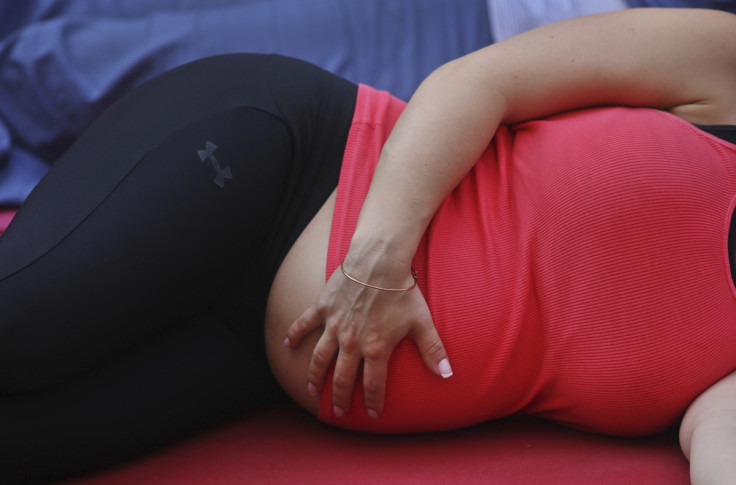China One Child Policy: Police Bust Gang Responsible for Sex-Selection Abortion

A gang that offered illegal services to determine the sex of unborn foetuses in China has been broken up, in what the health ministry has called the "biggest case of its kind".
Ten people have been arrested for running the service since 2010, in which pregnant women can find out the gender of their foetus and abort those they did not want. According to officials, over 1,000 women used the service. The number of abortions as a result is unknown.
The issue of sex-specific abortion has been rife in China, particularly with the implementation of the One Child Policy. The legislation, introduced in 1979 to try to alleviate social, economic and environmental issues in the country, has led to the prioritisation of male over female children.
Female infanticide, the termination of female foetuses, or the killing of baby girls, has been a consequence of the policy. It has also led to the trafficking of both male and female children.

The group were sending women across the country to a clinic in Zhengzhou, capital of the Henan Province, to determine the sex of their child.
The leader of the group has received three and a half years imprisonment, as well as a 100,000 Yuan fine. The other members received shorter sentences.
The ministry commented: "This went on for a long time, covering a wide area and involved many people. It was malicious, had serious results and was a great threat to society."
The government has tried to end the "serious situation" of terminations based on gender, which has led to a significant imbalance of gender in the population.
In the previous week, a court issued a death sentence to a doctor who had trafficked seven newborn children.
While China has begun relaxing its one-child policy, the problem is still large. Last week, legislators in Zhejiang announced it was legal for couples to have two children if one parent is an only child.
Recently, statistics from the 2011 National Census sparked debate over whether sex-selection abortion was an issue affecting the UK, as 4,700 females "failed to appear" on the census.
A widespread inconsistency in the gender ratio of children in some migrant families might suggest some women have chosen to abort female foetuses, in the hope of bearing a male child.
However, a government investigation in 2013 found no evidence that this was the case. Nevertheless, the figures have reignited the debate over whether the sex of a foetus should be revealed in ultrasound scans at 13 weeks.
Doctors have argued that the sex should be withheld until later in the pregnancy, when abortions are more difficult to obtain. Some NHS hospitals already follow this procedure.
© Copyright IBTimes 2025. All rights reserved.




















